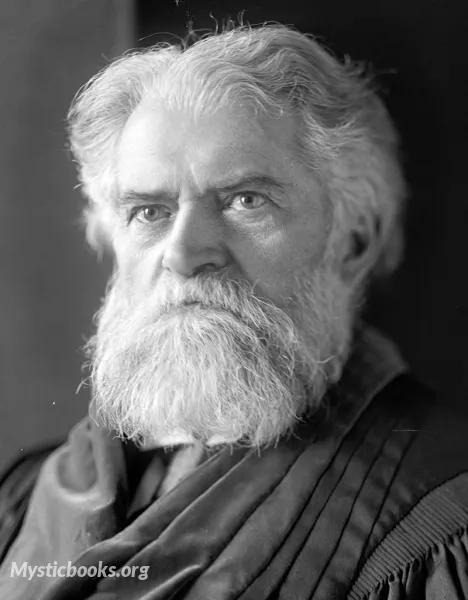
Timeline
Title
Country/Nationality
Simon Newcomb
Simon Newcomb was a renowned Canadian-American astronomer and mathematician who made significant contributions to various fields such as astronomy, mathematics, statistics, and economics. He is famous for his accurate calculations of the motion of the Moon, the planets, and other celestial bodies. He was also a prolific author, publishing numerous books and articles on astronomy, mathematics, and economics.
Born in Wallace, Nova Scotia, Canada, on March 12, 1835, Newcomb was the son of a farmer. Despite his humble beginnings, he had an insatiable thirst for knowledge and showed a remarkable aptitude for mathematics from an early age. He enrolled at the University of New Brunswick at the age of 16, where he excelled in mathematics and earned a degree in mathematics and physics. He later studied at Harvard University and the University of Berlin, where he received a doctorate in astronomy.
Newcomb's principles were founded on the importance of accuracy and precision in scientific calculations. He believed that the advancement of science required the use of rigorous mathematical methods and the careful analysis of data. He was a strong advocate for the use of statistics in science and is credited with introducing the concept of standard error to the field of astronomy.
Newcomb was famous for his accurate calculations of the motion of the Moon and the planets. In 1877, he published "Tables of the Sun," which provided precise calculations of the position of the Sun at any time of the year. He also published "Tables of the Moon" in 1882, which provided accurate predictions of the Moon's motion. His work on the motion of the planets and other celestial bodies helped to establish the foundation of modern celestial mechanics.
Newcomb was also a prolific author, publishing numerous books and articles on astronomy, mathematics, and economics. Some of his notable works include "A Compendium of Spherical Astronomy," "The Reminiscences of an Astronomer," and "Principles of Political Economy." He was also an editor for several scientific journals, including the American Journal of Mathematics and the Astronomical Journal.
Newcomb's philosophy was rooted in the belief that science and mathematics could be used to understand and explain the natural world. He believed that scientific knowledge was essential for the progress of society and that the pursuit of scientific knowledge was a noble endeavor. He also believed in the importance of education and was a strong advocate for public education.
Simon Newcomb died on July 11, 1909, in Washington, D.C. He is remembered as one of the most prominent astronomers and mathematicians of the 19th century. His contributions to celestial mechanics, mathematics, and statistics helped to advance the fields of astronomy and mathematics. He was also a prominent public figure who advocated for scientific education and the advancement of scientific knowledge.
One interesting fact about Simon Newcomb is that he was a founding member of the American Economic Association, which was established in 1885 to promote the study of economics in the United States. This reflects his diverse range of interests and his belief in the importance of interdisciplinary studies.
In conclusion, Simon Newcomb was a remarkable individual whose contributions to astronomy, mathematics, and economics have had a lasting impact on these fields. His principles of accuracy and precision, his advocacy for the use of statistics in science, and his belief in the importance of education and scientific knowledge continue to inspire scientists and researchers today. His books, including "Tables of the Sun" and "Tables of the Moon," remain important references for astronomers and mathematicians, and his legacy continues to be celebrated in the scientific community.
Books by Simon Newcomb

His Wisdom, the Defender: A Story
It tells the story of a young man named John Marbury, who seeks to defend his faith against the skepticism and doubt of the scientific community. Set in the late 19th century, the book explores the tension between science and religion and the struggl...